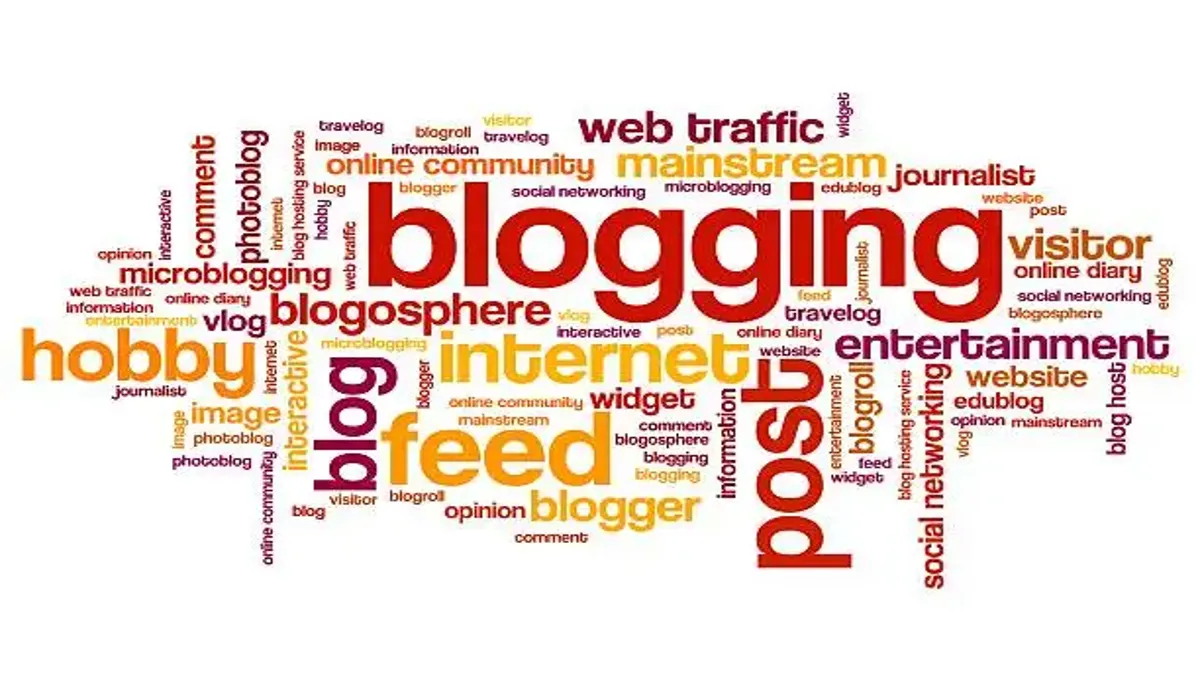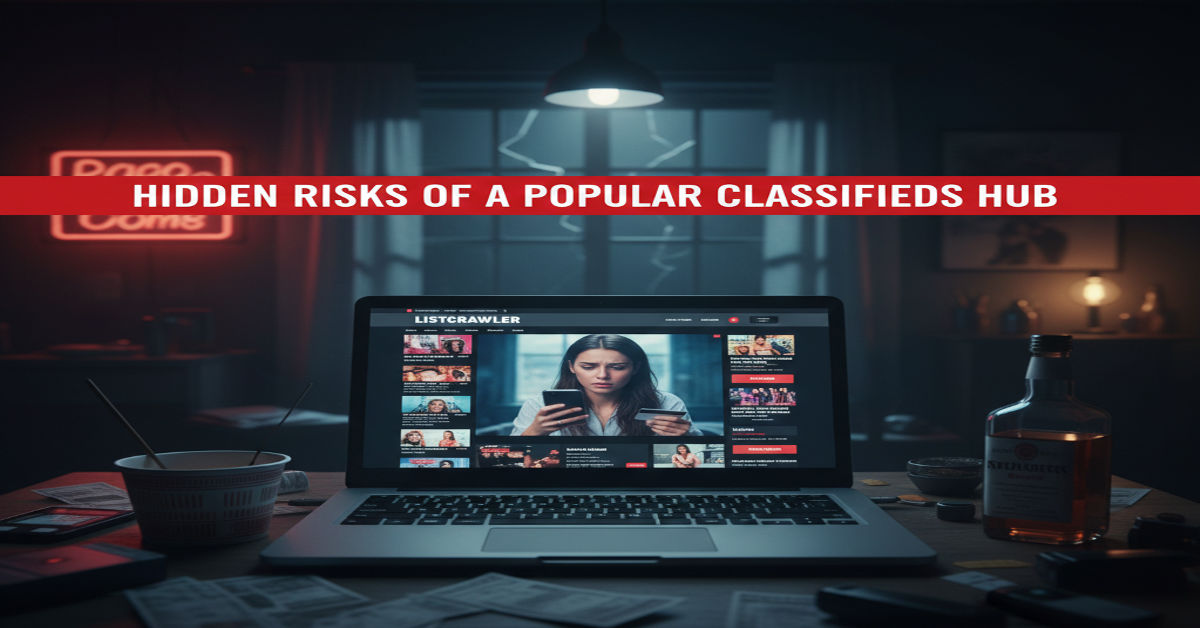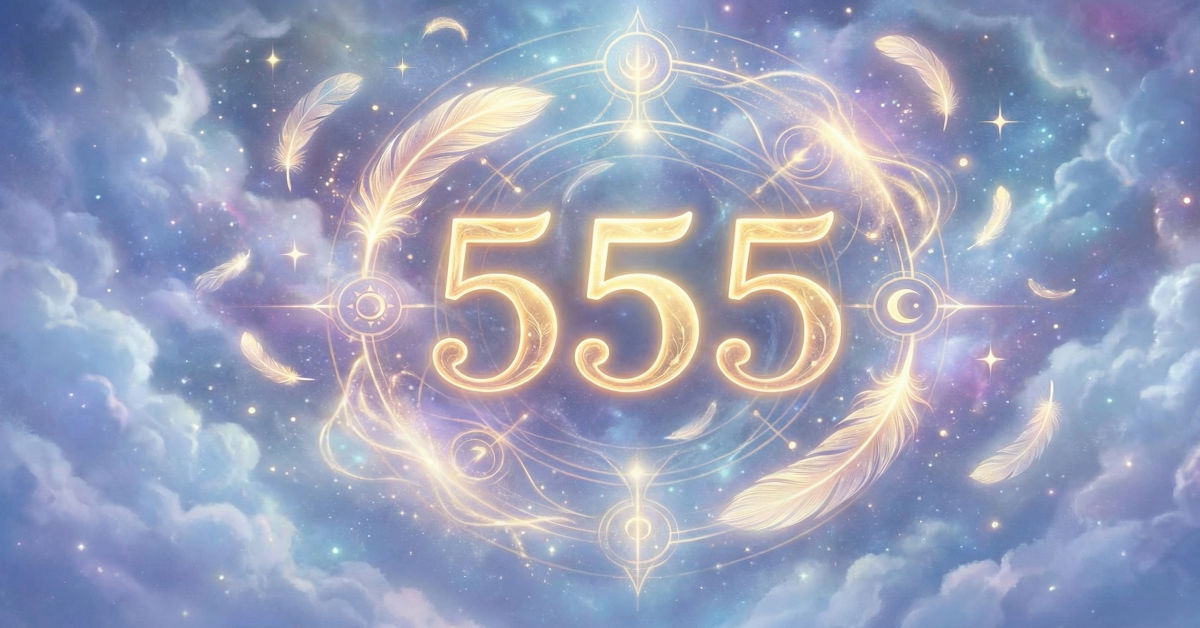The phrase “fappening blogspot” points to one of the most widely discussed internet controversies of the past decade: the mass leak of private celebrity photographs and the wave of sites and blogs, including Blogspot pages, that surfaced to circulate them. People searching for this term often want to know what it was, why it gained attention, and how it shaped discussions around privacy, technology, and online ethics. Within the first hundred words, the answer is clear: fappening blogspot was part of the online aftermath of the 2014 celebrity photo leaks, functioning as one of several informal platforms where images and discussions were reposted. Today, its significance lies less in the explicit content and more in the cultural and technological lessons it taught about cybersecurity, responsibility, and the permanence of online actions.
The Origins of the Fappening
The event known as “The Fappening” occurred in 2014, when hackers accessed cloud storage accounts belonging to numerous celebrities. The private images obtained were leaked online, spreading rapidly across forums, social media platforms, and eventually smaller blogging networks, including Blogspot. While mainstream coverage focused on the ethical and legal fallout, lesser-known spaces like Blogspot became digital mirrors of how quickly communities replicate and redistribute information.
“The Fappening showed us not just a breach of privacy, but also the internet’s appetite for amplification,” explained one digital culture researcher.
The phenomenon was not just about images—it was about trust, digital vulnerability, and the culture of online sharing.
Why Blogspot Became a Hub
Blogspot, part of Google’s Blogger platform, was one of the easiest tools for creating free, semi-anonymous blogs in 2014. This accessibility made it a natural home for sites that sought to capture internet attention quickly. Fappening blogspot pages popped up because:
- They required no advanced technical skills to create.
- The platform offered global visibility with minimal gatekeeping.
- Posts could be rapidly shared across social networks.
- Removal often lagged behind reposting, creating cycles of re-uploads.
The rise of fappening blogspot blogs illustrates how low-barrier publishing platforms played a role in amplifying cultural events online.
The Ethical Controversy
At the heart of the fappening blogspot story lies a deep ethical conflict. While some internet users treated it as entertainment, many recognized it as a profound violation of personal privacy. The celebrities targeted had their intimate moments stolen, uploaded, and replicated across platforms without consent.
“This was not a scandal about celebrity behavior—it was a scandal about mass digital violation,” argued one ethicist.
The existence of blogspot hubs distributing these images raised questions: Should platforms be more proactive? Should users bear responsibility for viewing and sharing? How do communities balance free speech with ethical restraint?
Legal and Technological Consequences
The fallout from the Fappening spurred both legal reforms and technological upgrades. Authorities prosecuted several hackers responsible, and courts ruled against distributors. Meanwhile, cloud service providers improved security measures like two-factor authentication, stronger encryption, and suspicious login alerts.
Table 1: Security Lessons From the Fappening
| Vulnerability Exposed | Post-Event Improvement | Impact |
|---|---|---|
| Weak passwords | Two-factor authentication | Higher account protection |
| Phishing attacks | User education campaigns | Reduced attack success |
| Cloud access flaws | End-to-end encryption | Safer data storage |
| Content permanence | Faster takedown requests | Limited exposure window |
Blogspot, like other platforms, faced pressure to remove unauthorized content, but the viral nature of the leak made complete removal nearly impossible.
Cultural Reflections
Culturally, fappening blogspot reveals how society consumes and discusses celebrity privacy. For some, the event highlighted the risks of fame in a digital age. For others, it became a cautionary tale of the public’s complicity in spreading private information.
- It forced conversations about consent in digital spaces.
- It raised awareness of cybersecurity literacy.
- It sparked debates about responsibility of platforms vs. users.
“The Fappening was not just about stolen photos—it was a mirror of our digital morals,” noted a cultural critic.
The Psychology of Curiosity
Why did fappening blogspot pages gain so much traction? Psychologists argue it was a mix of human curiosity, the allure of taboo, and the culture of instant gratification online. The rapid clicks and shares were less about long-term value and more about momentary participation in a global spectacle.
Table 2: Psychological Drivers Behind Fappening Blogspot Popularity
| Driver | Description | Effect on Behavior |
|---|---|---|
| Curiosity | Desire to see restricted content | High traffic spikes |
| Social proof | “Everyone else is talking about it” | Widespread sharing |
| Taboo allure | Forbidden nature made it enticing | Short-term obsession |
| Digital permanence | Easy to bookmark/revisit | Long tail of visibility |
This psychological lens reveals that the phenomenon was not just technological but profoundly human.
Blogspot’s Role in Internet History
Though many of the fappening blogspot sites have since been removed, their existence places Blogspot in the timeline of digital amplification platforms. Similar to forums like Reddit or 4chan, Blogspot served as an archive of sorts—less organized, more fragmented, but equally impactful.
The platform’s role reminds us that internet history is not only written on the biggest platforms but also in the thousands of smaller sites that replicate information.
Lessons for Today’s Internet
The era of fappening blogspot may feel distant, but its lessons remain urgent:
- Online privacy is fragile: Even secure cloud systems can be compromised.
- Platforms bear responsibility: Easy publishing tools must balance accessibility with rapid moderation.
- Users shape culture: Viewing and sharing are not neutral actions—they fuel events.
- Digital footprints last: Once published, content can reappear long after deletion.
“The internet remembers everything. The Fappening simply made that truth impossible to ignore,” remarked one technology journalist.
Looking Ahead
Today, the concept of “fappening blogspot” functions less as an active site and more as a case study in digital ethics. As artificial intelligence, deepfakes, and new privacy risks emerge, the lessons of 2014 remain relevant. Communities, platforms, and individuals alike must remember how quickly personal boundaries can collapse online—and how important it is to defend them.
Conclusion
Fappening blogspot represents more than a controversial collection of blogs—it stands as a reminder of the internet’s power to both harm and educate. Its story underscores the fragility of privacy, the speed of digital amplification, and the ethical dilemmas of living in a hyperconnected world. By reflecting on what happened then, society can better prepare for future challenges in digital responsibility.











